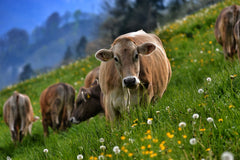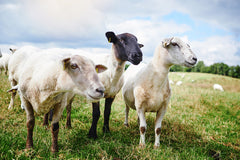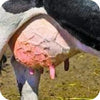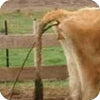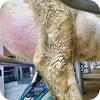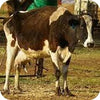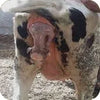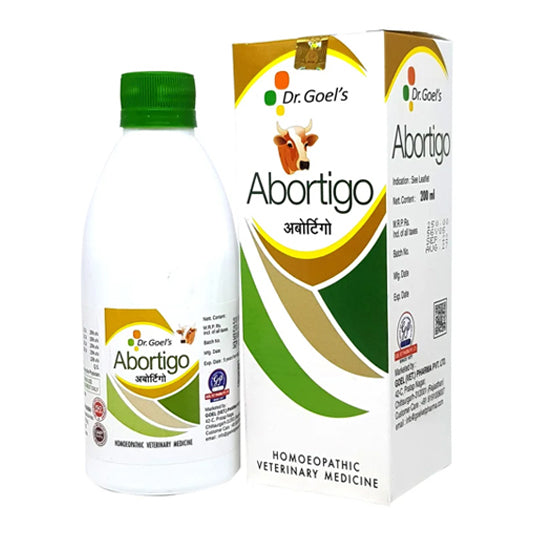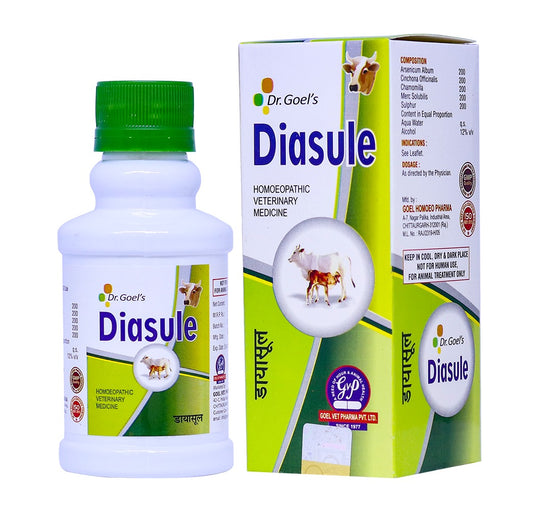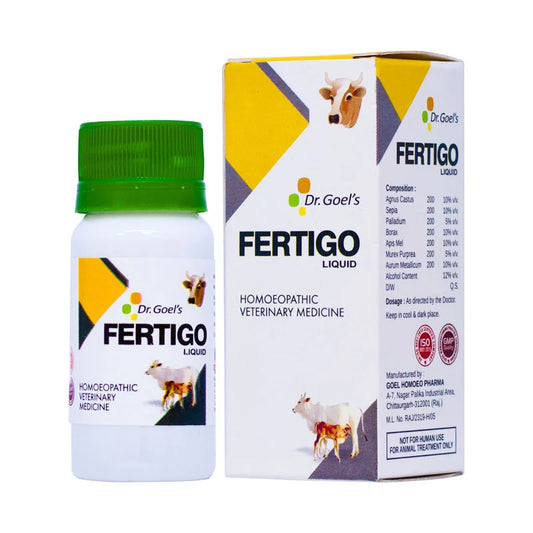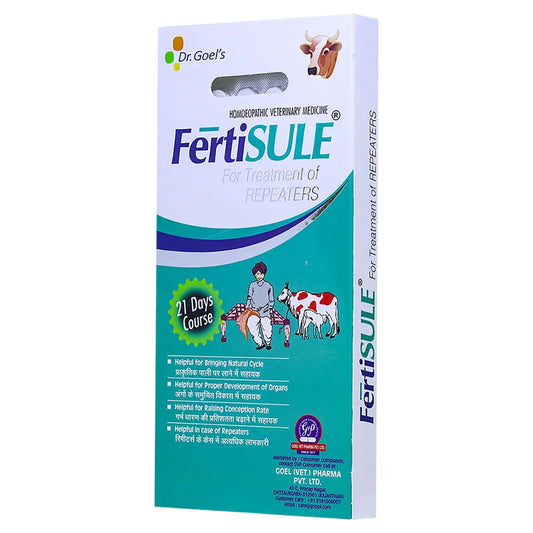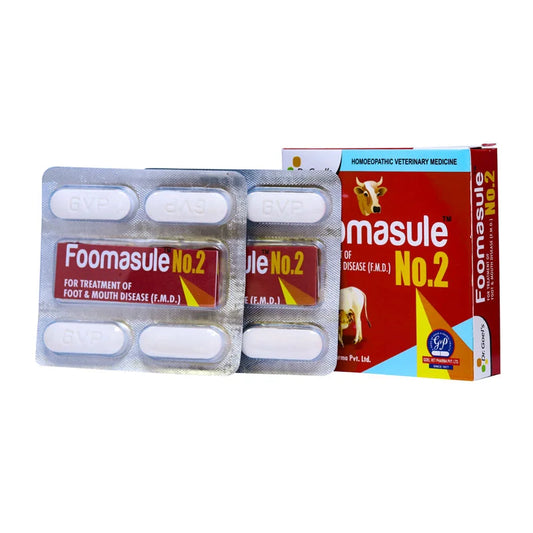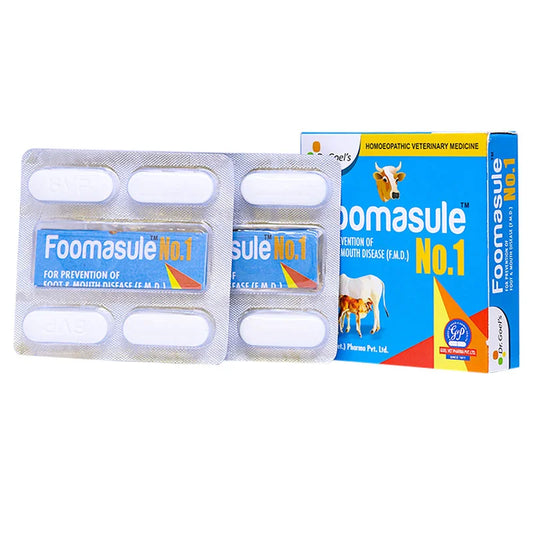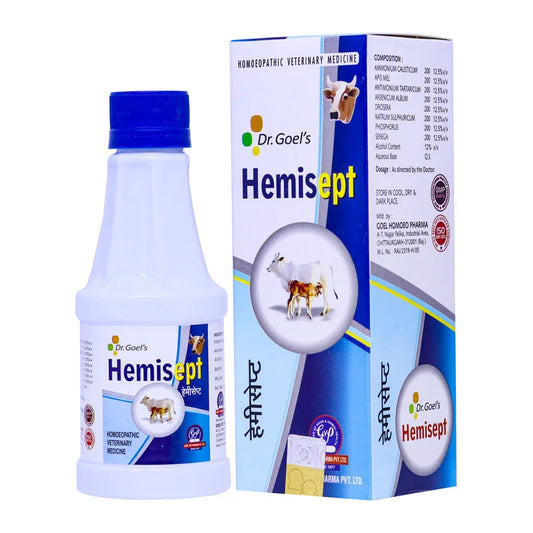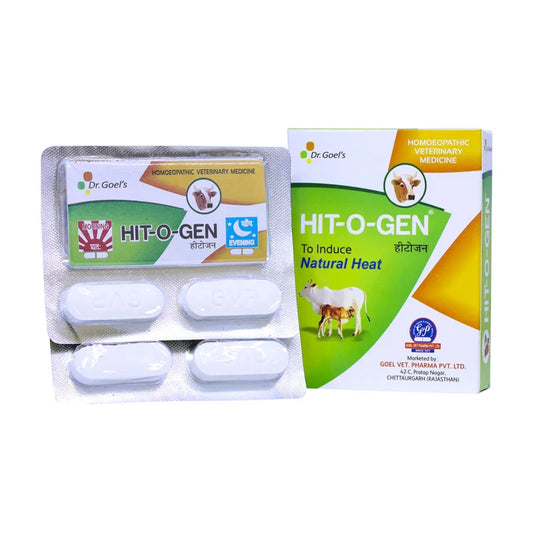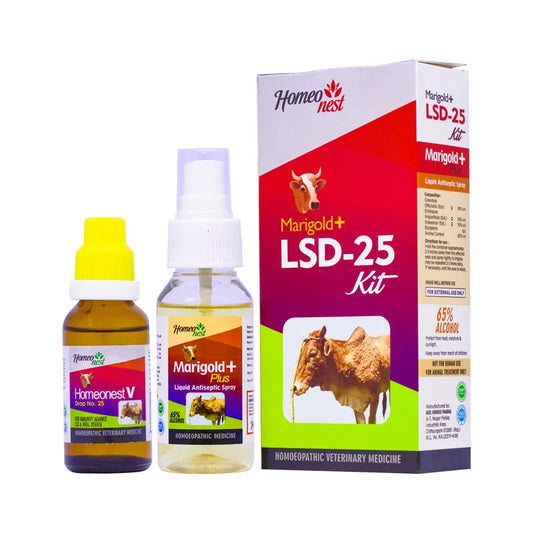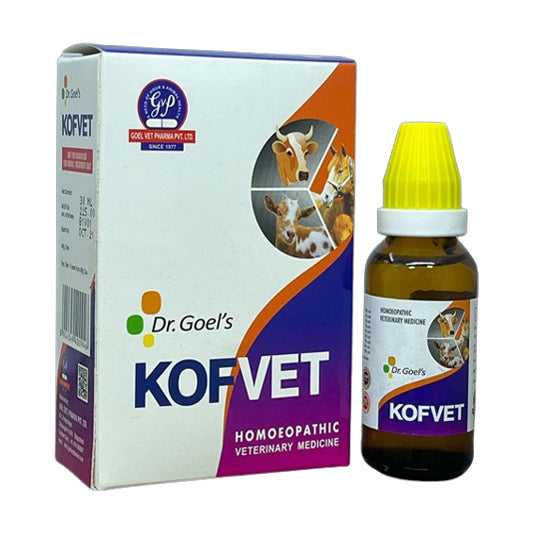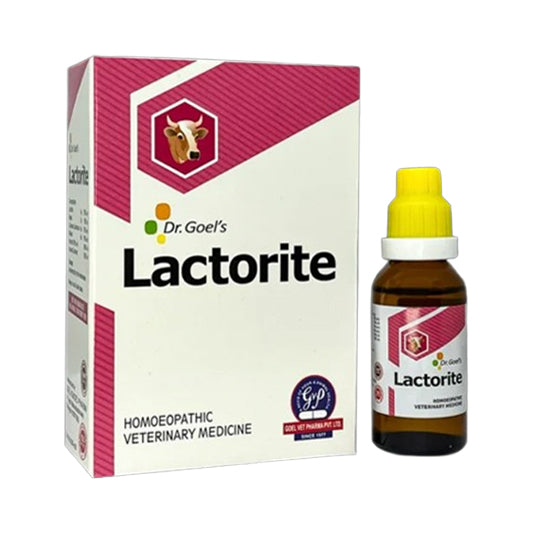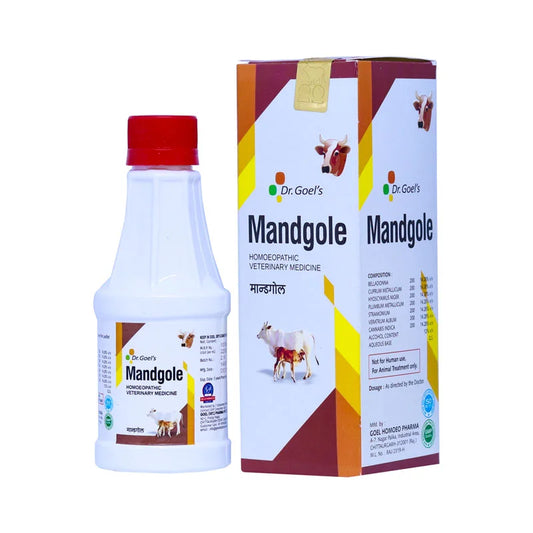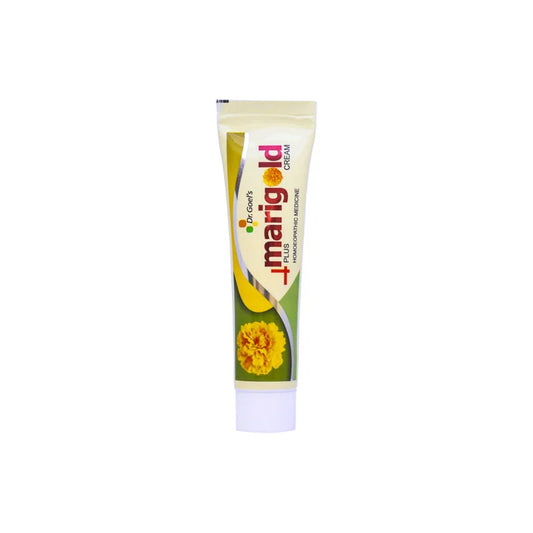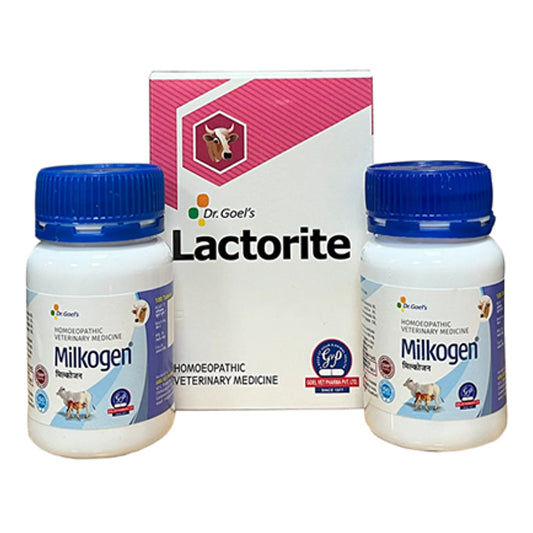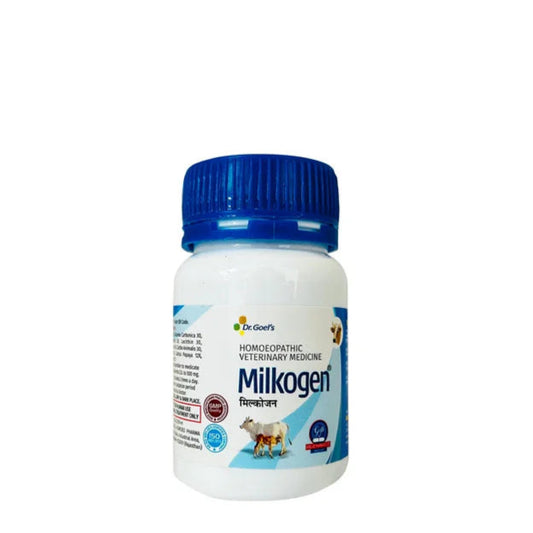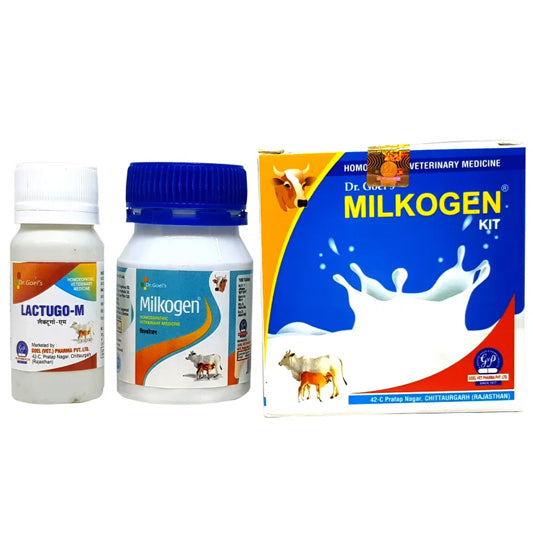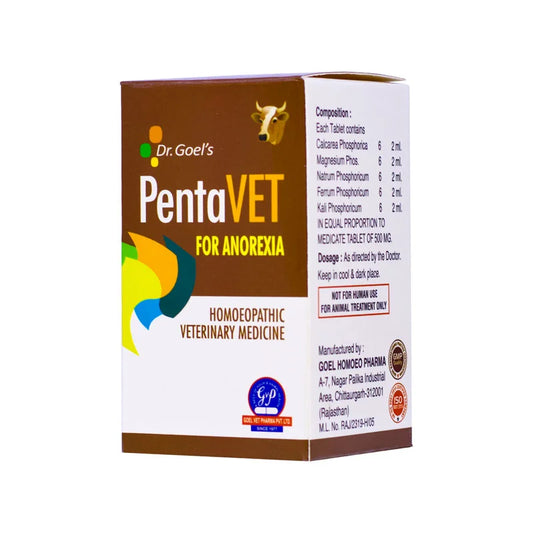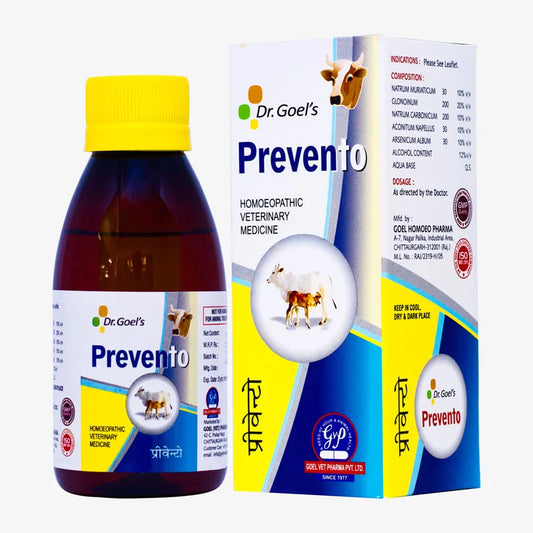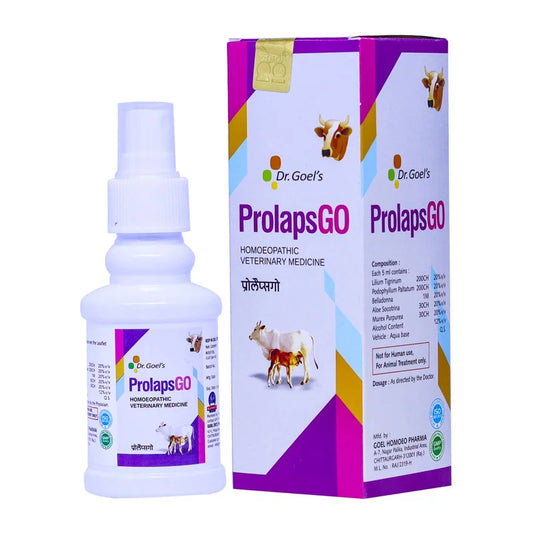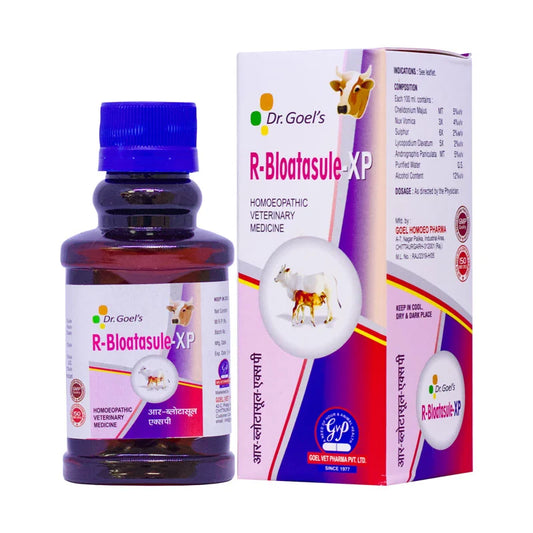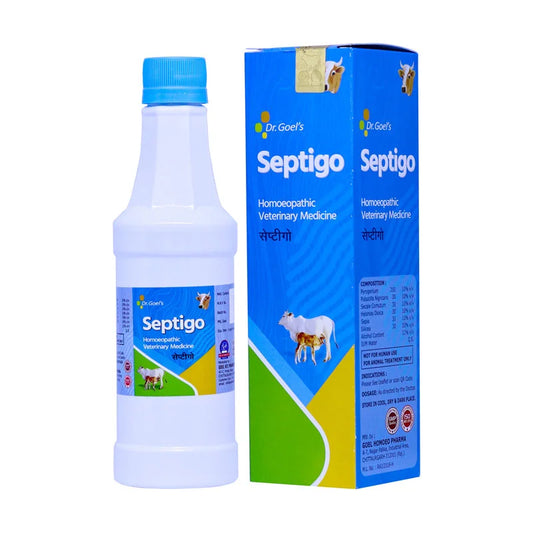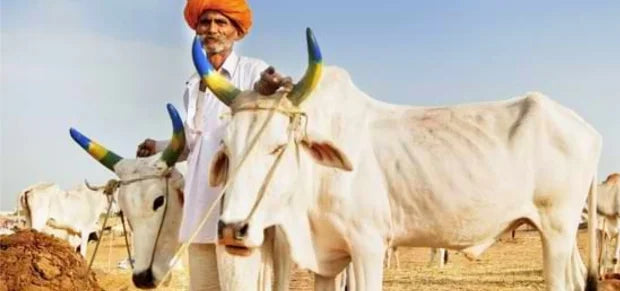
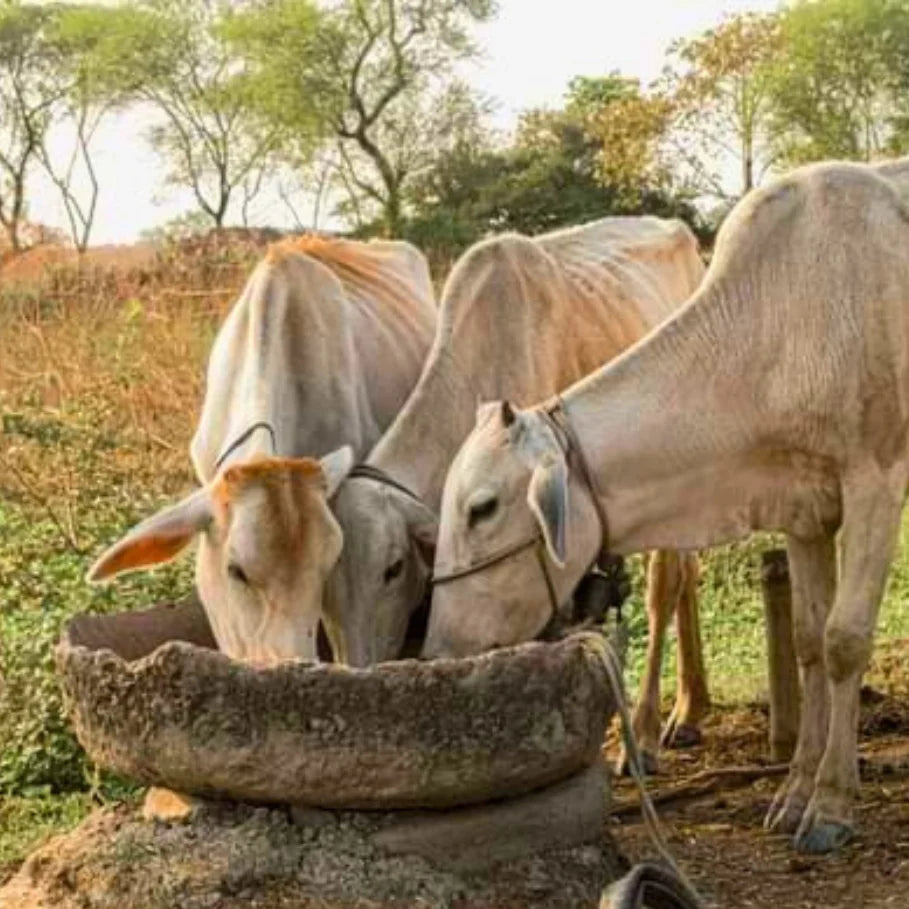
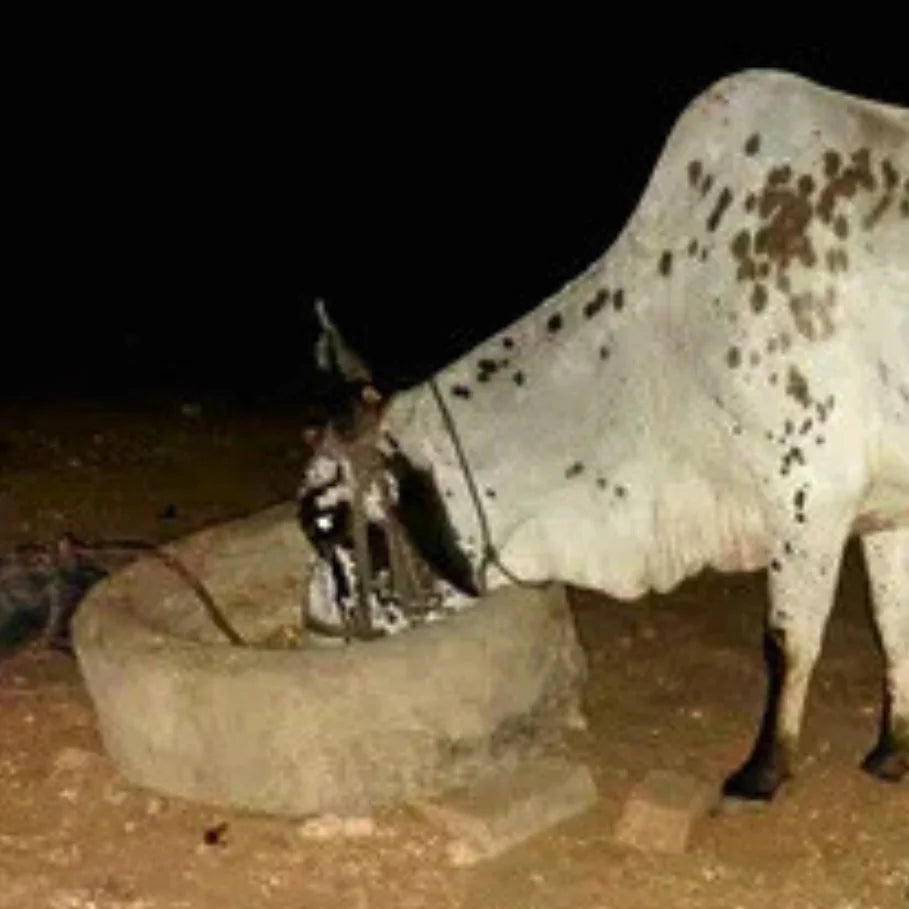
Marwari cow
| Lifespan Marwaricows typically have a lifespan ranging from 12 to 15 years, contingentupon factors such as nutrition, healthcare, and overall management practices. |
Origin The breed hails from the Marwarregion in Rajasthan, situated in the northwestern part of India. |
| Temperature Adaptability Marwari cows are well-adapted to the arid and semi-arid climates of Rajasthan, demonstrating resilience to high temperatures and scarce water availability. |
Weight Cows: Approximately 300 to 400 kilograms. Bulls: Approximately 400 to 500 kilograms. |
| Colors These cows exhibit a variety of coat colors, including white, gray, brown, and black, often accompanied by distinctive markings |
-- |
About the Breed
Marwari cows are recognized for their hardiness and adaptability to harsh climatic conditions. They are primarily utilized for milk production and as draught animals in agricultural activities. The breed is valued for its disease resistance and ability to thrive on minimal resources.
Milk Production
On average, Marwari cows produce about 4 to 6 liters of milk per day. The milk is noted for its richness in nutrients, making it beneficial for various dairy products.
Common Problems in Marwari Cows
Despite their resilience, Marwari cows can encounter certain health challenges:
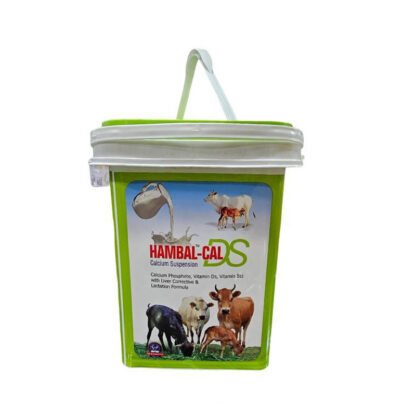
Nutritional Deficiencies
Inadequate feeding practices can lead to deficiencies affecting overall health and
productivity.
Parasitic Infestations
External parasites like ticks and can pose health risks if not managed properly.
Reproductive Disorders
Issues such as delayed conception or infertility may arise due to poor management or nutritional factors
Foot and Mouth Disease (FMD):
As with many cattle breeds, Marwari cows are susceptible to FMD, necessitating regular vaccinations and preventive measures.
Diseases of Cow and Buffalo
Homeopathic Cattle Medicine
-
ABORTIGO for COW and BUFFALO – 200 ml For Prevention of Abortion
Regular price INR 253.00Regular priceUnit price / per -
DIASULE for CATTLE – 100ML For All sorts of Diarrhea
Regular price INR 141.00Regular priceUnit price / per -
Fertigo For Cattle 30ml - For Increasing Conception Rate ( COMBO Of 4 )
Regular price INR 264.00Regular priceUnit price / per -
FERTISULE – 21 DAYS COURSE for Cattle For Treatment of repeaters
Regular price INR 281.00Regular priceUnit price / per -
FOOMASULE No. 2 for CATTLE For Treatment of FMD
Regular price INR 188.00Regular priceUnit price / per -
FOOMASULE No.1 – for CATTLE For prevention of FMD
Regular price INR 188.00Regular priceUnit price / per -
GOHEAL SPRAY For Wounds due to injury, FMD, Burns
Regular price INR 140.00Regular priceUnit price / per -
HEMISEPT for CATTLE – 105ML Supporting Therapy to all respiratory disease
Regular price INR 188.00Regular priceUnit price / per -
HIT-O-GEN for Natural Estrus in Cow To induce Heat Naturally
Regular price INR 140.00Regular priceUnit price / per -
Homeonest Marigold+ LSD-25 Kit For lumpy skin disease
Regular price INR 280.00Regular priceUnit price / per -
Kofvet For Cattle 30ml - For Cough Issues
Regular price INR 210.00Regular priceUnit price / per -
Lactorite For Cattle 30ml - For Increasing Lactation Rate
Regular price INR 169.00Regular priceUnit price / per -
MANDGOLE for CATTLE 105 ML For Physical irritability
Regular price INR 211.00Regular priceUnit price / per -
MARIGOLD + CREAM To reduce Inflammation, cracks, wounds
Regular price INR 113.00Regular priceUnit price / per -
MILKOGEN + LACTORITE To Increase Milk and Lactation rate in Cattle
Regular price INR 282.00Regular priceUnit price / per -
MILKOGEN for CATTLE 100 Tablets To Increase Milk In Natural Way
Regular price INR 141.00Regular priceUnit price / per -
MILKOGEN-KIT for CATTLE Natural Galactagogue
Regular price INR 183.00Regular priceUnit price / per -
PentaVet For Cattle - For Anorexia Problem ( COMBO Of 2 )
Regular price INR 282.00Regular priceUnit price / per -
PREVENTO for Cattle – 100ml For Heat Stoke, Panting
Regular price INR 206.00Regular priceUnit price / per -
PROLAPSGO for CATTLE -100ml For Pre and Post Partum prolaps
Regular price INR 234.00Regular priceUnit price / per -
PYROSULE-XP for CATTLE – 100ML To normalise Body Temperature
Regular price INR 159.00Regular priceUnit price / per -
R. BLOATASULE XP for CATTLE 100ml For Indigestion Anorexia and Liver Disorder
Regular price INR 141.00Regular priceUnit price / per -
RHEUMAVET for Joint Pain & Rheumatism
Regular price INR 210.00Regular priceUnit price / per -
SEPTIGO for CATTLE For All Type of Septic Condition
Regular price INR 255.00Regular priceUnit price / per




